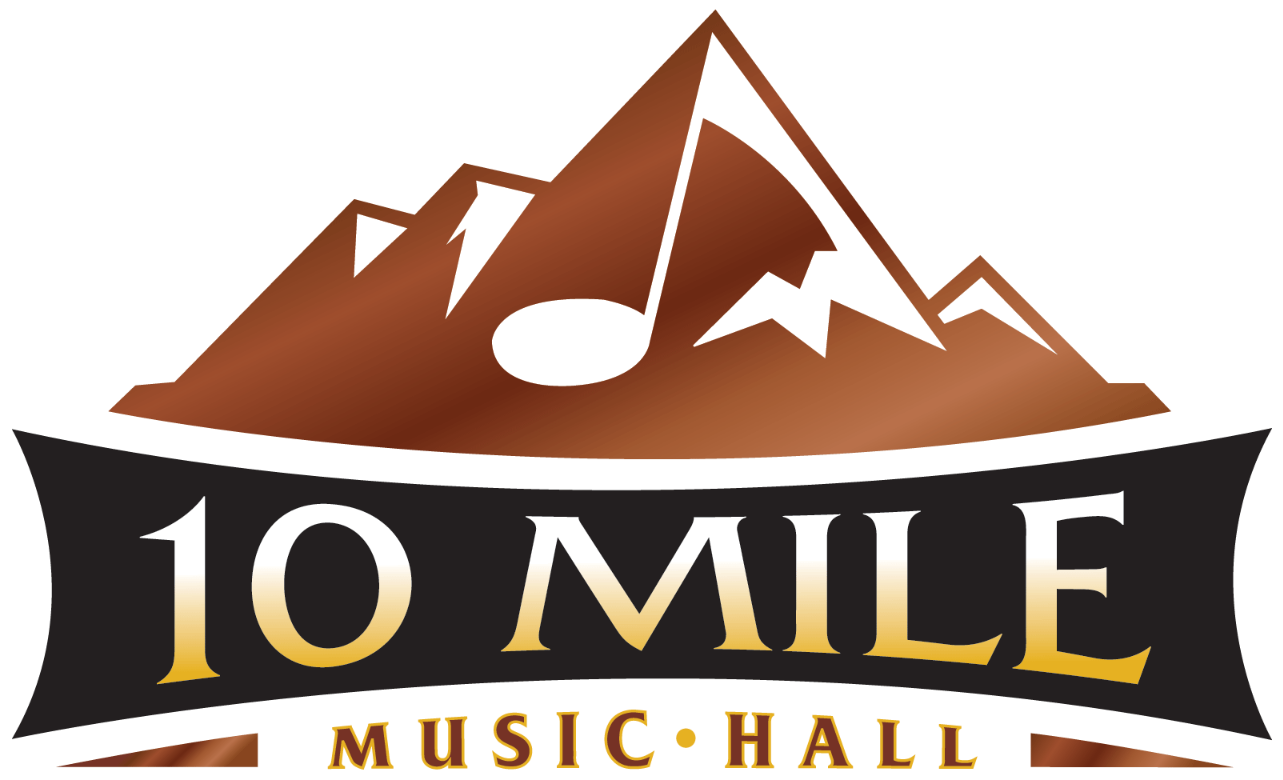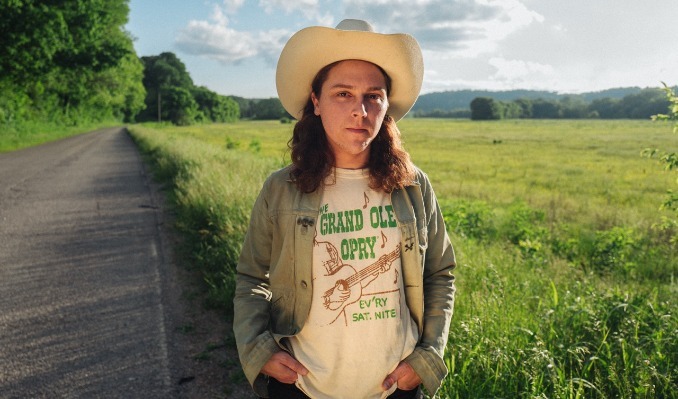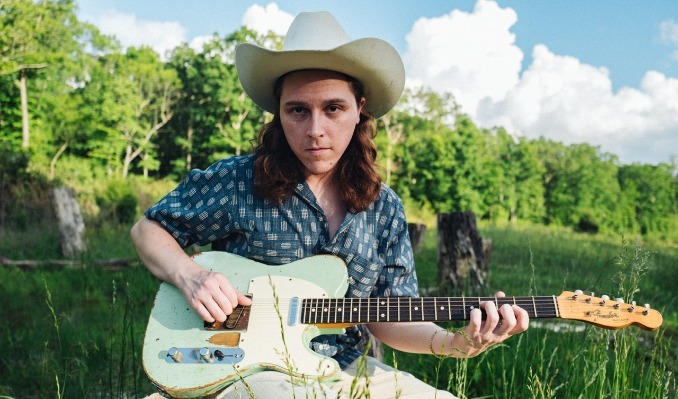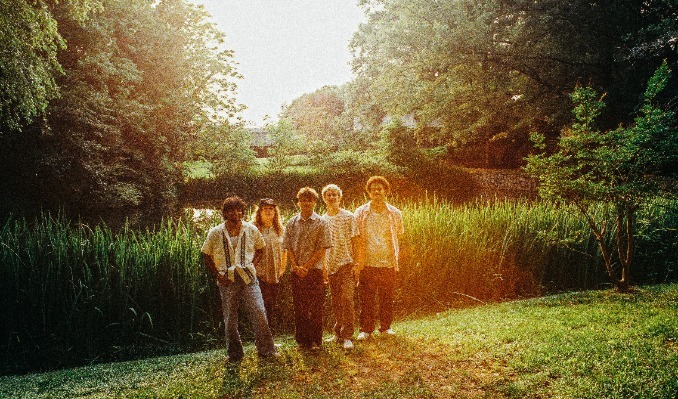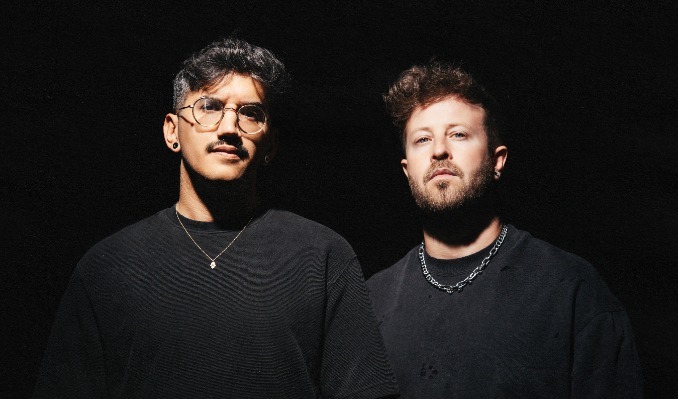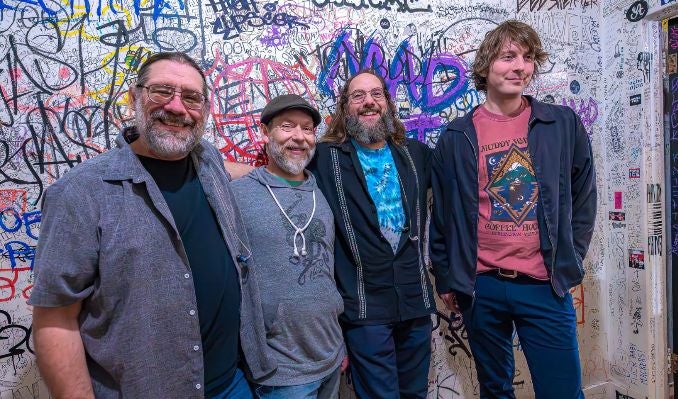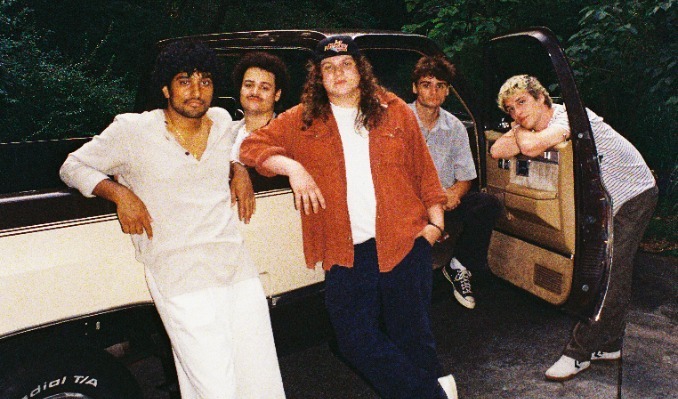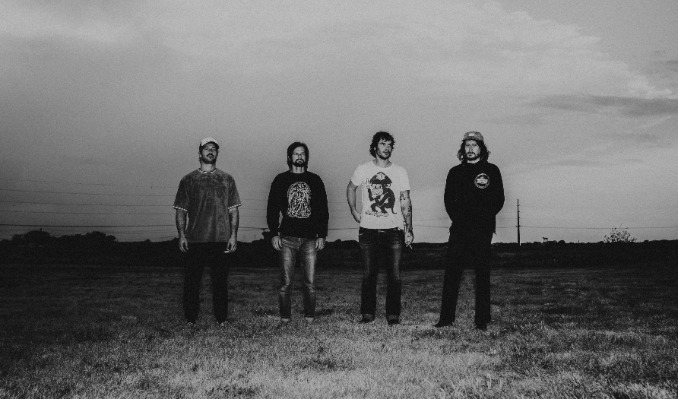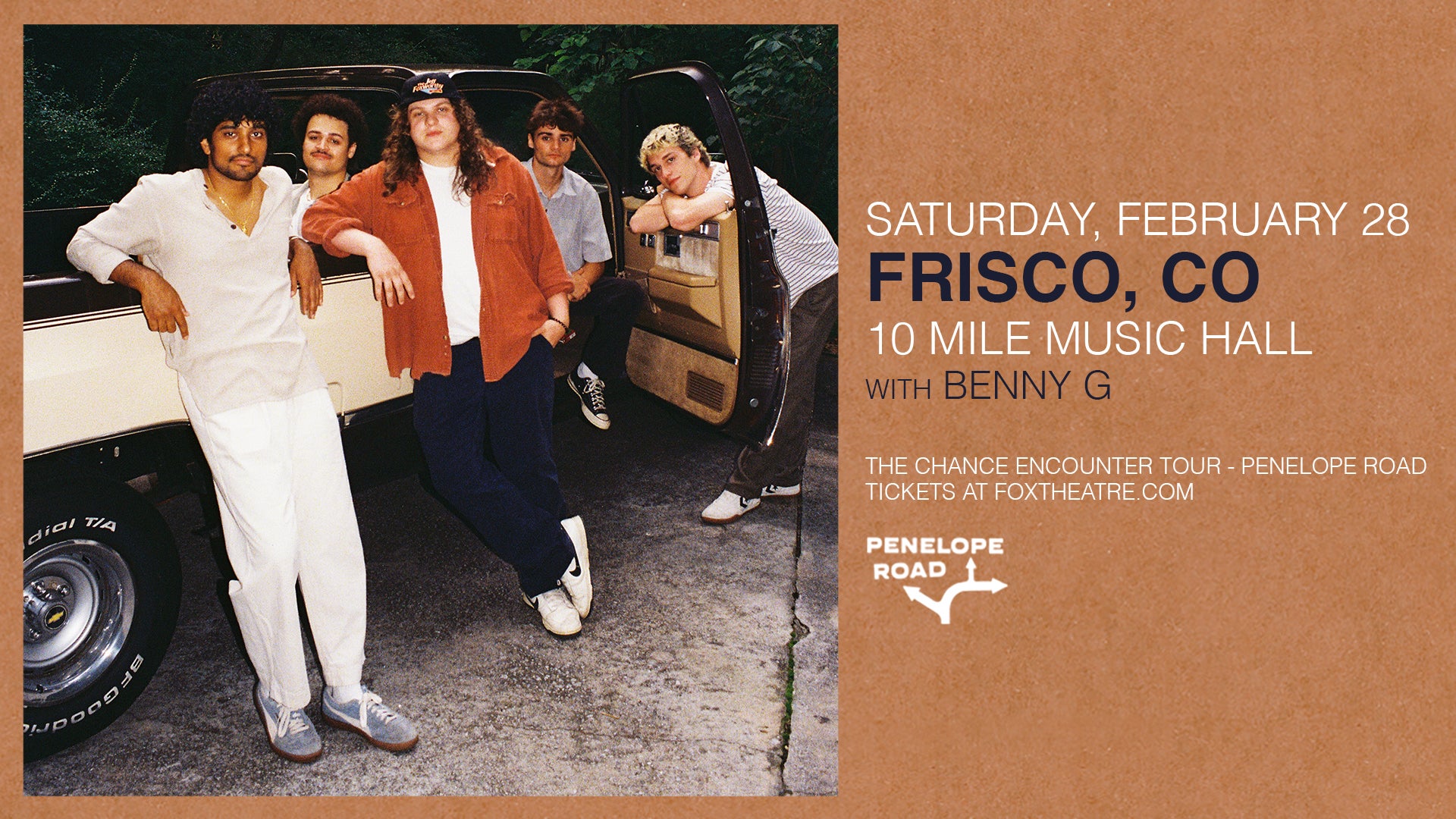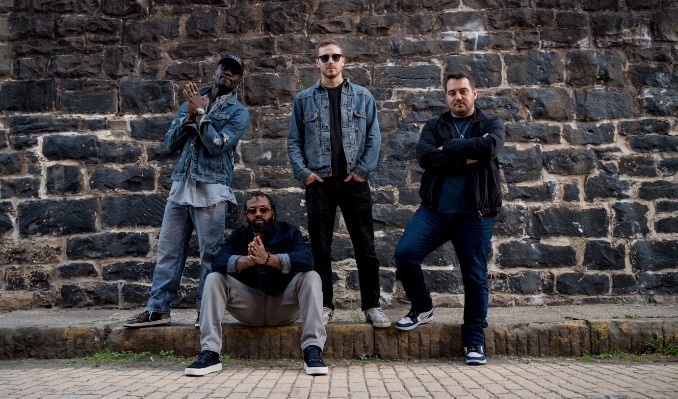Upcoming Events
- All Event Types
- Alternative
- Bluegrass
- Blues
- Comedy
- Country
- Electronic
- Folk
- Funk
- Hip Hop / Rap
- Indie
- Jam
- Jazz
- Metal
- Films
- Pop
- Reggae
- Rock
- Singer/Songwriter
- World
- Americana
- Performance Arts
- Punk
- Family
- Podcast
- Latin
Tue, Feb 24, 2026
Fox Theatre
97.3 KBCO & Avery Brewing Present
Daniel Donato's Cosmic Country
🚨LOW TICKET ALERT🚨
Limited single day tickets on sale now!
Feb 25 - 26, 2026
Boulder Theater
97.3 KBCO & Avery Brewing Present
Daniel Donato's Cosmic Country (2 Nights!)
🚨LOW TICKET ALERT🚨
Thu, Feb 26, 2026
10 Mile Music Hall
Z2 Entertainment Presents
Steely Dead - A Sonic Fusion of The Grateful Dead and Steely Dan
🚨 RESCHEDULED 🚨
Fri, Feb 27, 2026
Fox Theatre
The Fox Theatre Presents
Penelope Road with Benny G
🚨LOW TICKET ALERT🚨
Fri, Feb 27, 2026
10 Mile Music Hall
Z2 Entertainment Presents
GoldFish with Racket Club, Loop Story
Sat, Feb 28, 2026
Boulder Theater
Boulder Theater Presents
All Them Witches with King Buffalo
House of Mirrors Tour
Sat, Feb 28, 2026
10 Mile Music Hall
Z2 Entertainment & Krystal 93 Present
Penelope Road with Benny G
Sat, Feb 28, 2026
Fox Theatre
The Fox Theatre Presents




